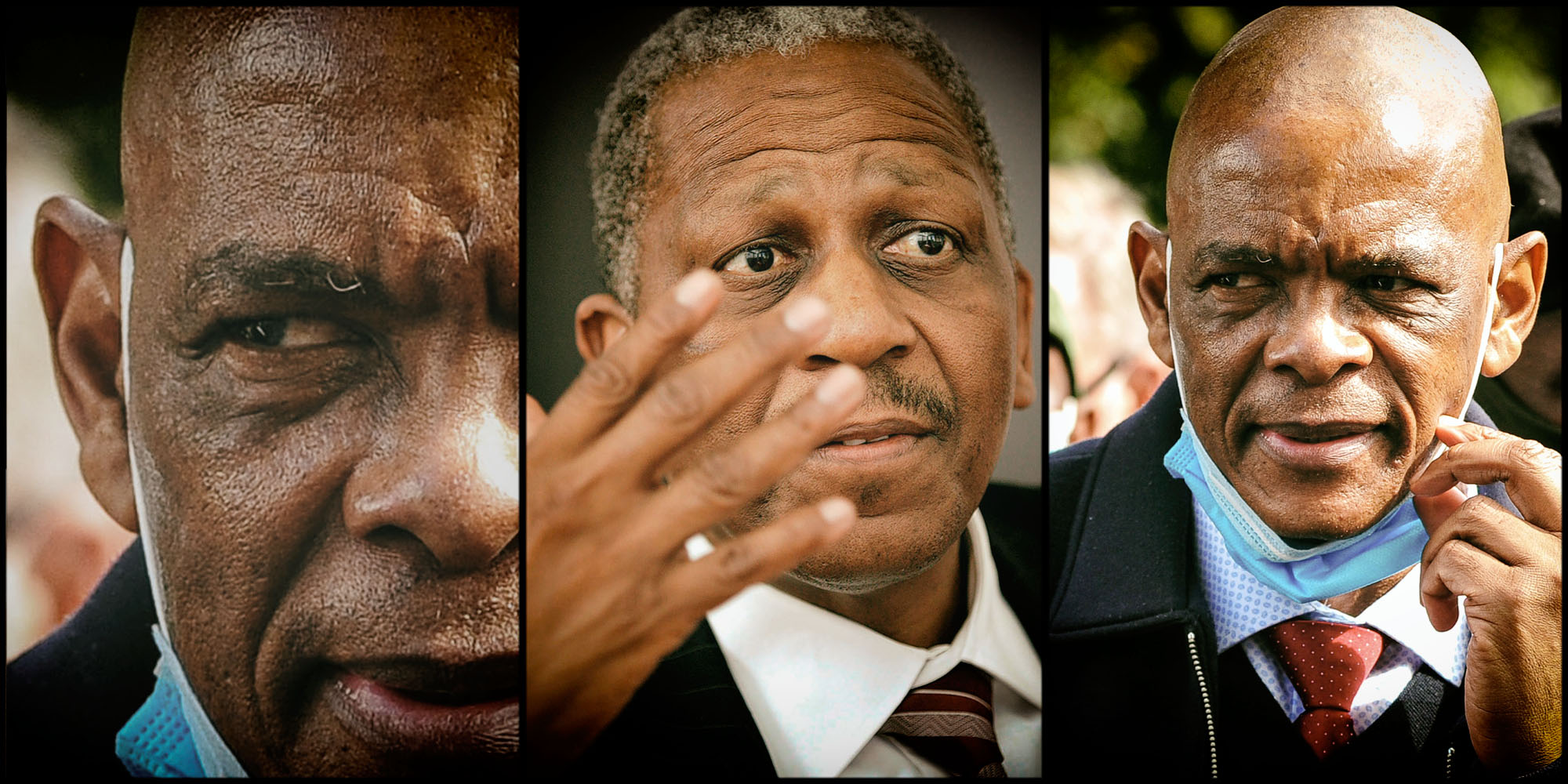Ace Magashule’s application papers for reinstatement as ANC secretary-general have for the first time made public why party grandee and former Mpumalanga premier Mathews Phosa thinks the party’s step-aside rule does not fly.
The opinion could be of persuasive value in court and could also be used by the estimated 30 cadres affected by the step-aside rule, which says that once criminally charged, ANC members and representatives must stand down or face suspension.
Magashule sought and paid for at least four different legal opinions as part of his campaign to stay in office.
Phosa’s opinion says: “While the definition of ‘step aside’ is not clearly laid out anywhere, the language in context suggests the person who is the subject of these processes should absent themselves from all activities and appears to be a codeword for voluntary self-executed suspension.
“If more than that is intended by the phrase ‘step aside’, it would violate the ANC constitution and any action instituted under such an expanded definition would be open to being set aside.”
Magashule has been suspended in line with Rule 25.7 of the ANC constitution, which provides for the temporary suspension of members facing criminal charges. Magashule is facing more than 70 counts of fraud, corruption, money laundering and other charges.
Phosa’s position is that no suspension without a preceding disciplinary action is possible in the ANC – in line with the right to be heard.
He quotes the ANC disciplinary code, which says, “The ANC shall have the jurisdiction to discipline any member… for committing any act of misconduct”, but which adds the rider that “[Disciplinary proceedings] shall not be used as a means of stifling debate or denying members their basic democratic rights.”
Phosa’s opinion says that the step-aside rule cannot be decoupled from the party’s disciplinary process.
“The conclusion is that the suspension of any member would be unlawful if the suspension is not an intrinsic part of a disciplinary process under the ANC constitution.
“None of the resolutions, statements and policy postures has the legal effect of creating a stand-alone process for suspending a member under the circumstances currently being experienced,” he concludes.
The ANC is relying on judgments that have found that its constitution is aligned with South Africa’s Constitution and that as a voluntary organisation it has the right to make its own rules.
Phosa’s opinion also suggests there is forum confusion in the ANC. Currently, the party’s Integrity Commission, Disciplinary Committee and a step-aside appeals panel are all charged with dealing with oversight of the step-aside rule and with judging misconduct by party members.
President Cyril Ramaphosa told the Zondo Commission of Inquiry that corruption was harming the ANC’s standing and its electoral prospects. The step-aside rule was one of a number of measures aimed at renewing the party, he said when he appeared before the commission last month.
While he does not deal with it in detail (because it is out of the scope of the legal advice Magashule sought from him), Phosa does write that: “The voluntary relinquishment of a position in an organisation such as the ANC, whether intrinsic to the person or based on advice or pressure from external or internal sources is primarily a political and moral question.”
By moving the battle to the court, Magashule has removed the moral and political imperative for him to step aside. He has asked for a court date of June 1.
The ANC last week appointed Phosa to lead a panel to recharge its commitment to the amendment of section 25 of the Constitution, which sets out the process of land expropriation without compensation. DM
South Africa
Revealed: Why Mathews Phosa thinks the step-aside rule won’t fly





